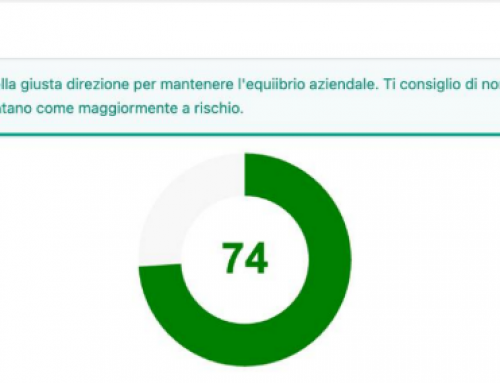In recent years, artificial intelligence (AI) has rapidly gained ground as one of the most revolutionary technologies of our time. While many industries have embraced this innovation, the young plant production industry is no exception. AI is revolutionizing the world of marketing within this sector in astonishing ways, enhancing efficiency, accuracy, and overall marketing strategy impact. In this article, we will explore the importance of AI and how it is changing the marketing landscape for young plant production companies.
AI in the Young Plant Industry: An Introduction
The young plant industry is essential for agriculture and food production. These companies grow and sell young plants, often used for fruit, vegetable, flower, and tree production. In such a crucial sector, competitiveness and efficiency are paramount for success. AI has become an invaluable ally in this challenge.
1. Automation of Operations
One of the first areas where AI has made a significant difference in the young plant industry is the automation of operations. Companies can use AI-powered automation systems to control irrigation, heating, ventilation, and other environmental parameters. This not only increases efficiency but also reduces resource consumption, such as water and energy. AI can constantly monitor plant conditions and make real-time adjustments, contributing to better growth and higher productivity.
2. Predictive Analytics for Production Management
Production management is a critical part of the young plant industry. AI can analyze vast amounts of historical and real-time data to predict future demand for young plants. This enables companies to more accurately plan production and avoid wastage. Moreover, AI can help optimize inventory and ensure products are available when and where needed.
3. Customized Marketing Offers
Personalized marketing has become a fundamental strategy for young plant production companies. Thanks to AI, it is possible to analyze buyer behavior and create highly customized marketing offers. For instance, AI can recognize which plants are of interest to a customer based on their past purchases and send special offers or recommendations based on these preferences. This not only increases sales but also enhances the overall customer experience.
4. Customer Service Automation
AI can be used to automate customer service, providing quick and accurate responses to customer inquiries. AI-powered chatbots can handle customer requests 24/7, improving customer satisfaction and reducing operational costs. Additionally, AI can analyze customer interaction data to identify trends and common issues, enabling companies to proactively make improvements to their products and services.
5. Marketing Campaign Optimization
AI can analyze extensive marketing data and identify which strategies are most effective. This allows companies to allocate marketing resources more intelligently, focusing efforts on tactics that generate the best return on investment. Furthermore, AI can help optimize audience segmentation, ensuring that campaigns are targeted at the right people at the right time.
6. Competitive Monitoring
AI can be used to continuously monitor competitors’ activities, identifying new market trends and marketing strategies. This enables companies to adapt quickly and effectively to evolving market conditions and remain competitive. AI can also alert companies to potential emerging threats or opportunities.
Conclusion
Artificial intelligence is revolutionizing the young plant industry, improving operational efficiency, optimizing production management, and enabling smarter and personalized marketing. Companies that embrace AI may be able to deliver high-quality products more efficiently, better meet customer needs, and remain competitive in an ever-changing market. With AI as an ally, the future of the young plant industry looks brighter than ever.








